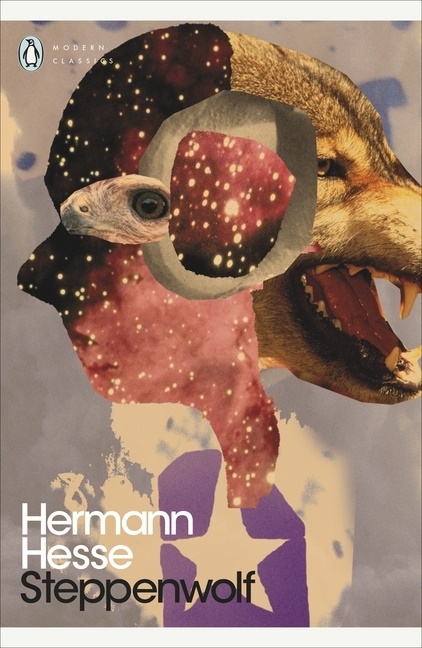Read more
Informationen zum Autor HERMANN HESSE was born in Calw, Germany, in 1877. As a child, he lived for a time in Basle. He spent a short period studying at a seminary in Germany but soon left to work as a bookseller in Switzerland. From 1904 he devoted himself to writing. After a first volume of verse (1899), Hesse established his reputation with a series of lyrical romantic novels- Peter Camenzind (1904), Unterm Rad (The Prodigy, 1906), Gertrud (1910) and the short story, Knulp (1915). After a visit to India in 1911 he moved to Switzerland and worked for the Red Cross during the First World War. He was denounced in Germany and settled permanently in Switzerland, where he established himself as one of the greatest literary figures in the German-speaking world. His humanity, his searching philosophy developed further in such novels as Siddhartha (1922), Der Steppenwolf (1927), Narziss and Goldmund (1930) and Das Glasperlenspiel (The Glass Bead Game, 1943), while his poems and critical writings won him a leading place among contemporary thinkers. Hesse won many literary awards, including the Nobel Prize in 1946. He died in 1962, shortly after his eighty-fifth birthday. Klappentext A new translation by David Horrocks. At first sight Harry Haller seems like a respectable, educated man. In reality he is the Steppenwolf: wild, strange, alienated from society and repulsed by the modern age. But as he is drawn into a series of dreamlike and sometimes savage encounters - accompanied by, among others, Mozart, Goethe and the bewitching Hermione - the misanthropic Haller discovers a higher truth, and the possibility of happiness. This haunting portrayal of a man who feels he is half-human and half-wolf became a counterculture classic for a disaffected generation. Yet it is also a story of redemption, and an intricately-structured modernist masterpiece. This is the first new translation of Steppenwolf for over eighty years, returning to the fresh, authentic language of Hesse's original. Zusammenfassung At first sight Harry Haller seems a respectable, educated man. In reality he is the Steppenwolf: wild, strange, alienated from society and repulsed by the modern age. But as he is drawn into a series of dreamlike and sometimes savage encounters - accompanied by, among others, Mozart, Goethe and the bewitching Hermione....

